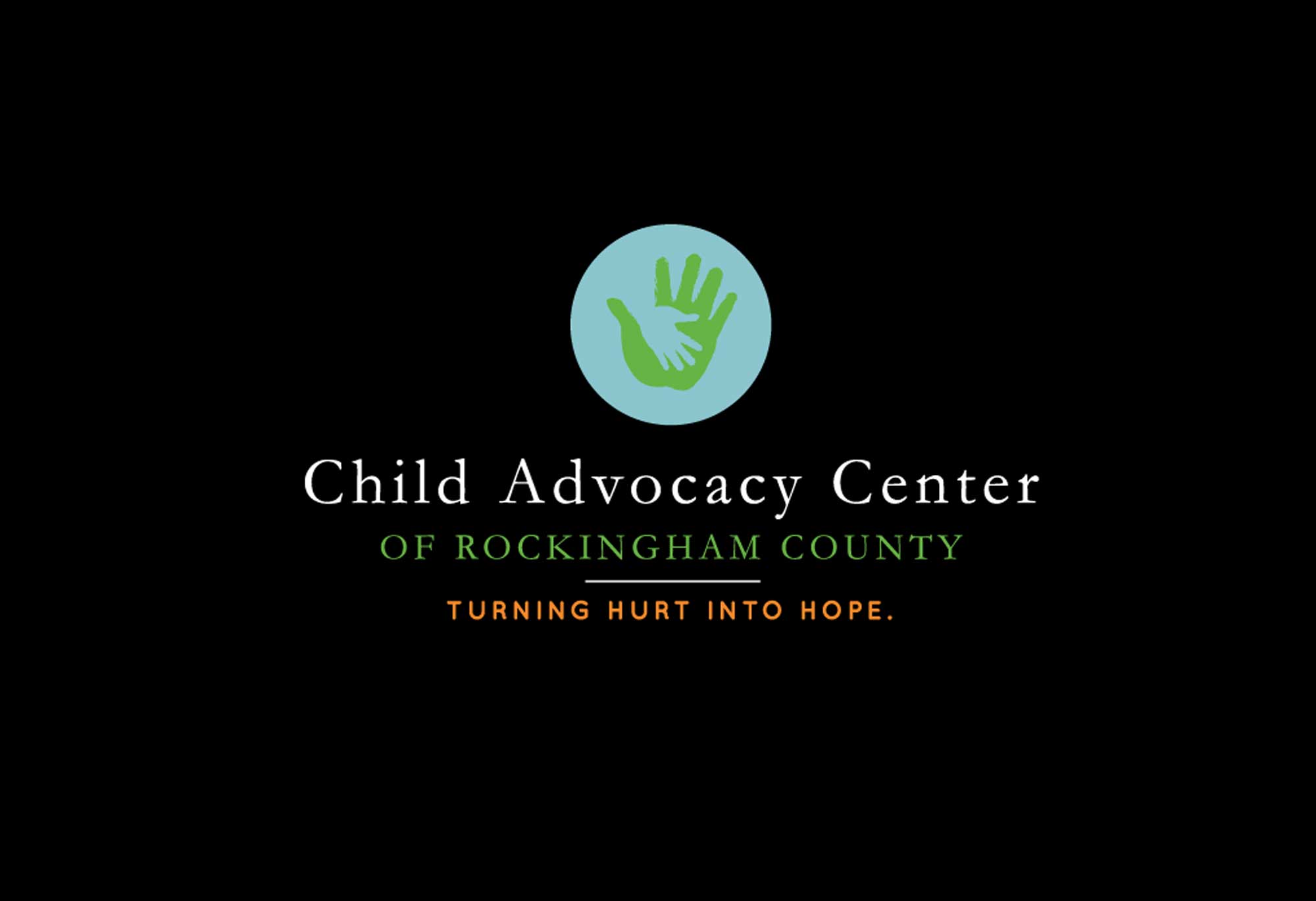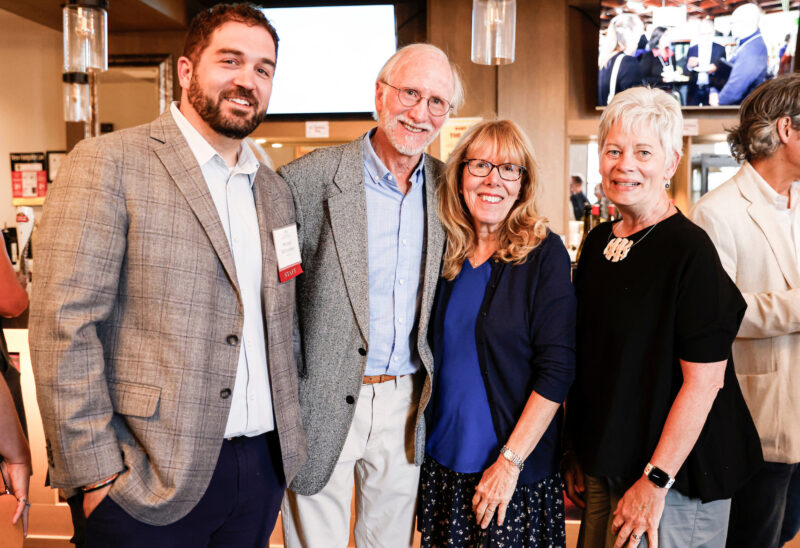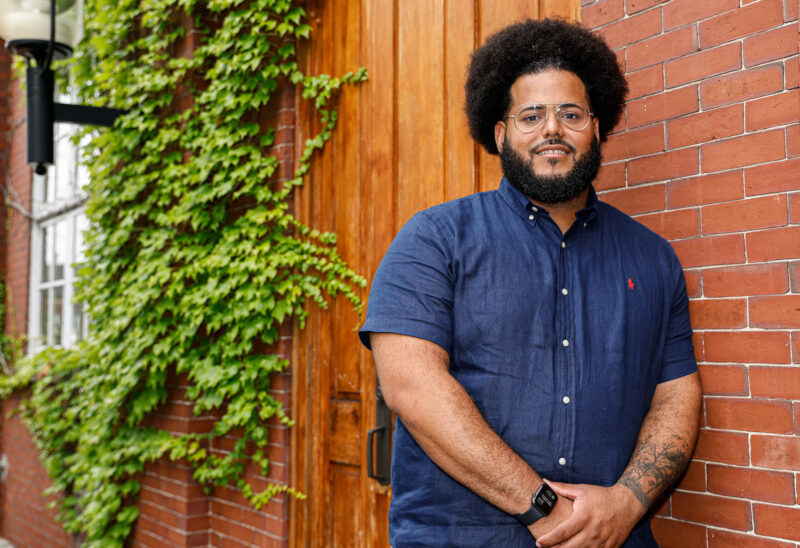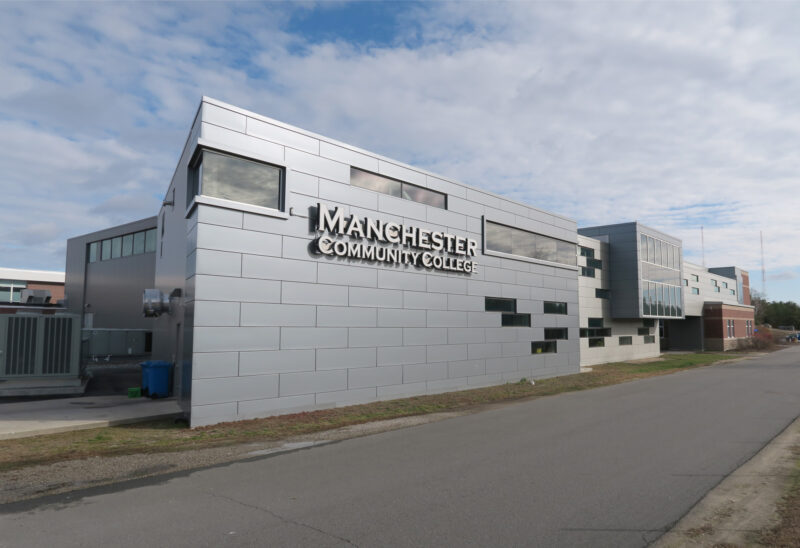When a child suffers abuse, the process of the criminal investigation of that abuse has the potential to layer trauma upon trauma.
“If you think about the criminal-justice system, it wasn’t developed for kiddos,” said Maureen Sullivan, the executive director of the Child Advocacy Center of Rockingham County. “So the whole concept of Child Advocacy Centers came out of a prosecutor who saw how this process was re-traumatizing children, and that is the worst thing you can do.”
Children at the center of child-abuse allegations were being subject to multiple interviews, by multiple people in authority – from police to child protective workers to prosecutors – and having to relive trauma over and over.
Child Advocacy Centers changed the paradigm completely. First, all of those professionals huddle to discuss the case and make sure all relevant detail is understood – and then a single forensic interviewer, who is expert at child-abuse investigation, interviews the child in a child-centric environment. The centers provide a safe and neutral setting where allegations can be evaluated and services provided to children.
The result, frequently, is that the child is able to share what happened in a way that helps them, ultimately, to be protected from further abuse.
“You will see a kid that comes in here and the mother says ‘they’re not going to talk, they’re not comfortable.’ And then, when you see that kid talk to a forensic interviewer…I have seen even teenage boys who have a really hard time telling their stories to finally be able to, and it is such a relief for them,” Sullivan said. “We have to let kids know: We have to tell our stories. You have to tell somebody. We have to talk about this stuff.”
Each of New Hampshire’s ten counties now has a CAC, all of which are nationally accredited. The Rockingham center was the first to open in the state, in 2000.
While the state made funding available to launch the network of CACs, that funding was phased out after five years. Now, CACs operate on a hybrid funding model – with some funded in part or full by counties and others, like Rockingham, cobbling together modest funding from the county and municipalities along with some federal funds, grants and a dizzying schedule of fund-raisers (from golf tournaments to charitable gaming) to sustain operations.
A recent Foundation grant is helping to support the Rockingham Child Advocacy Center’s operations as it continues to serve children during this challenging time. The Granite State Children’s Alliance, which operates the child advocacy centers in Keene, Nashua, Manchester and Laconia, is also the umbrella organization for the state’s network of centers. The Children’s Alliance received a three-year $60,000 grant for general operating support from the Foundation in 2019. Grants from Foundation donor-advised funds also provide generous support to child advocacy centers and to the Children’s Alliance.
Statewide, the network of centers helped nearly 2,000 children who were interviewed in abuse cases last year.
“Child Advocacy Centers play a critical role in helping children navigate things that most of us really do not want to even think about,” said Tym Rourke, who leads the Foundation’s “New Hampshire Tomorrow” initiative to help New Hampshire’s children thrive. “As is the case with many nonprofits, the COVID crisis has hit them with a one-two punch of increased costs and cancelled fundraisers that they rely on to do this incredibly important work on behalf of our kids.”
When children are helped through trauma, the results for them – and for our communities – is profound.
“Child abuse isn’t just a law enforcement problem,” Sullivan said. Such trauma, gone unaddressed, “becomes a medical problem, a social problem – and becomes a community problem if these kids don’t grow up to become contributing adults.”
The people who work at child advocacy centers do not always know the endings to the stories of the children with whom they work. But sometimes, they do:
Sullivan was recently invited to the graduation ceremony of a woman who had been helped by the advocacy center as a child. Because the girl was able to tell her story of abuse, her abuser was prosecuted and kept from doing further harm. Now, the woman was graduating from the police academy, fulfilling her dream of becoming an officer who would help other children.
Child advocacy centers around the state rely on community support, and need help now more than ever. To find and donate to an advocacy center in your area, click here.












![Rev. Heidi Carrington Heath joined Seacoast Outright. [Photo by Cheryl Senter]](https://www.nhcf.org/wp-content/uploads/2024/05/Heidi-Carrington-Thumbnail-800x548.jpg)
![Dr. Jennie Hennigar treats a patient at the Tamworth Dental Center [Photo by Cheryl Senter]](https://www.nhcf.org/wp-content/uploads/2024/05/TCCAP-Hero-800x548.jpg)

